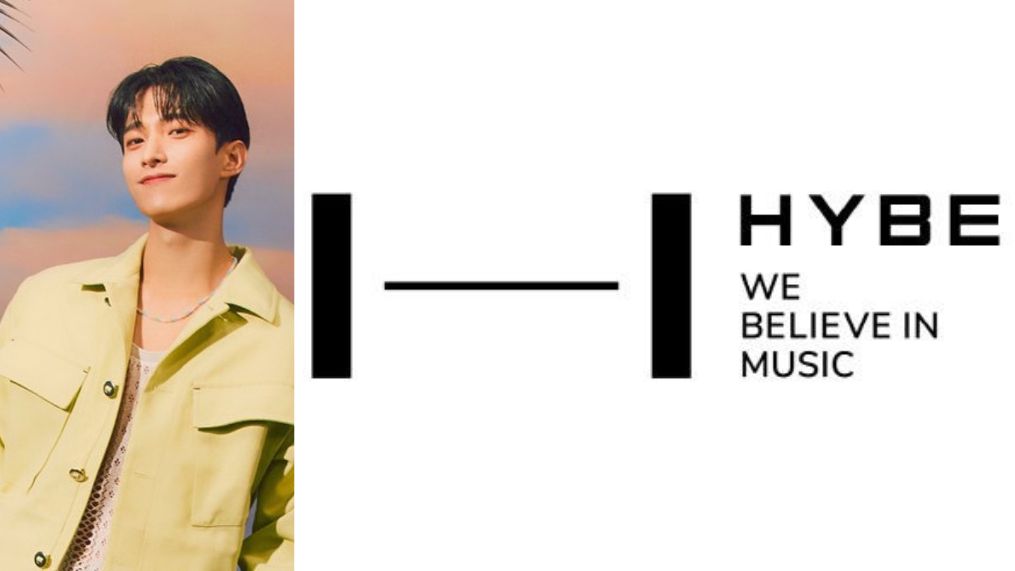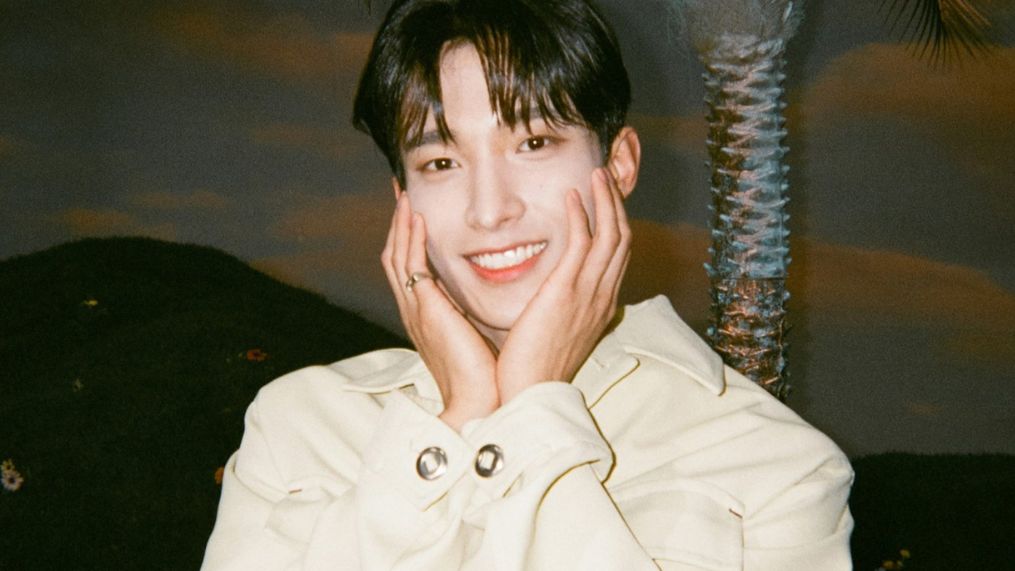In recent events, SEVENTEEN’s DK has found himself embroiled in controversy as fans allege that he’s facing suppression from his management, HYBE.
This uproar stems from fans’ persistent efforts to bring attention to the dire situation in Gaza, where a reported death toll of over 35,000 has resulted from ongoing Israeli attacks since October. The surviving population in Gaza endures immense suffering, including injury, displacement, and loss of homes and loved ones.
K-Pop enthusiasts have taken to social media, organizing boycotts and trending hashtags to pressure HYBE into severing ties with Zionism and removing HYBE America CEO Scooter Braun, known for his pro-Zionist stance.
The tension escalated during a recent Weverse live broadcast when a viewer’s comment seemingly prompted DK to express support for Palestine by raising his hand.
The ambiguity of the viewer’s broken Korean message, “If not worded right, please do this instead,” led to varying interpretations among netizens. Some construed it as a request for DK to signal support if unable to verbally express it, while others saw it as merely seeking clarification.

DK’s hand gesture during the broadcast fueled speculation about his stance, especially as portions of the stream were reportedly deleted afterward, despite DK’s hand-raising moment remaining intact.
Fans questioned the deletions, attributing them to either spoiler prevention or wardrobe issues. However, the removal of posts containing DK’s gesture from platforms like X (formerly Twitter) raised suspicions of censorship by HYBE.
Fans allege that HYBE’s supposed suppression of artists’ political expression extends to deleting comments and symbols related to Palestine during live broadcasts.
Amidst calls for HYBE to distance itself from Zionism, the controversy underscores the clash between fans’ desire for artist activism and entertainment companies’ corporate interests.
As the debate over artistic freedom intensifies, fans persist in their demand for accountability from HYBE, setting the stage for a pivotal moment in the K-Pop industry’s relationship with political engagement.




